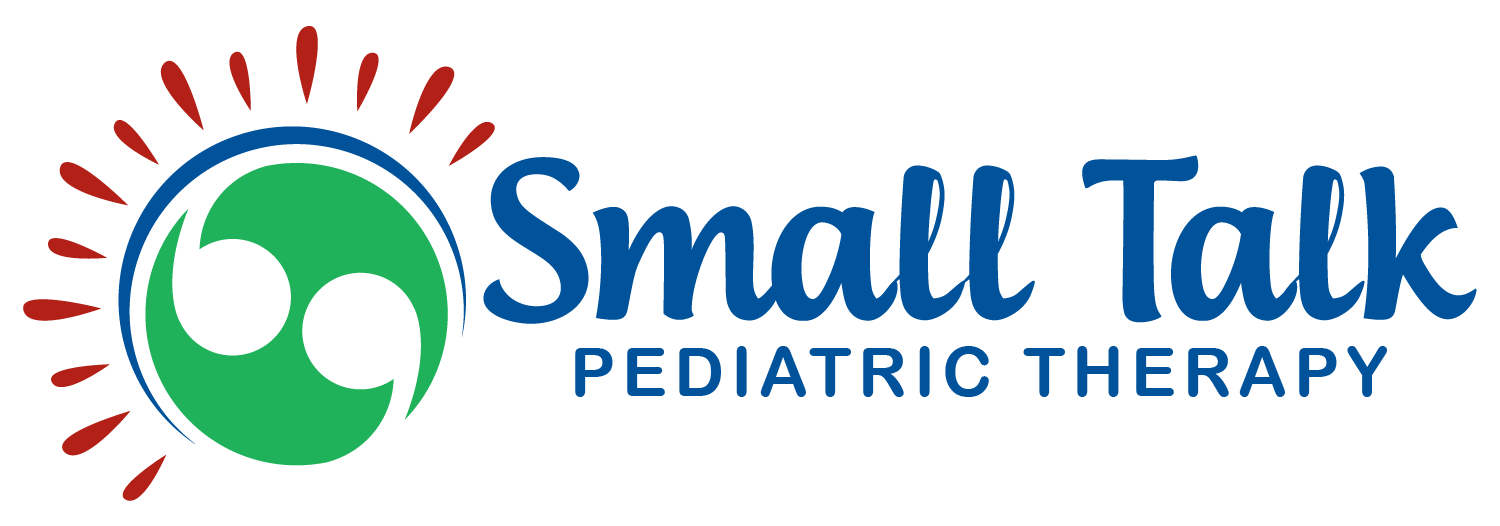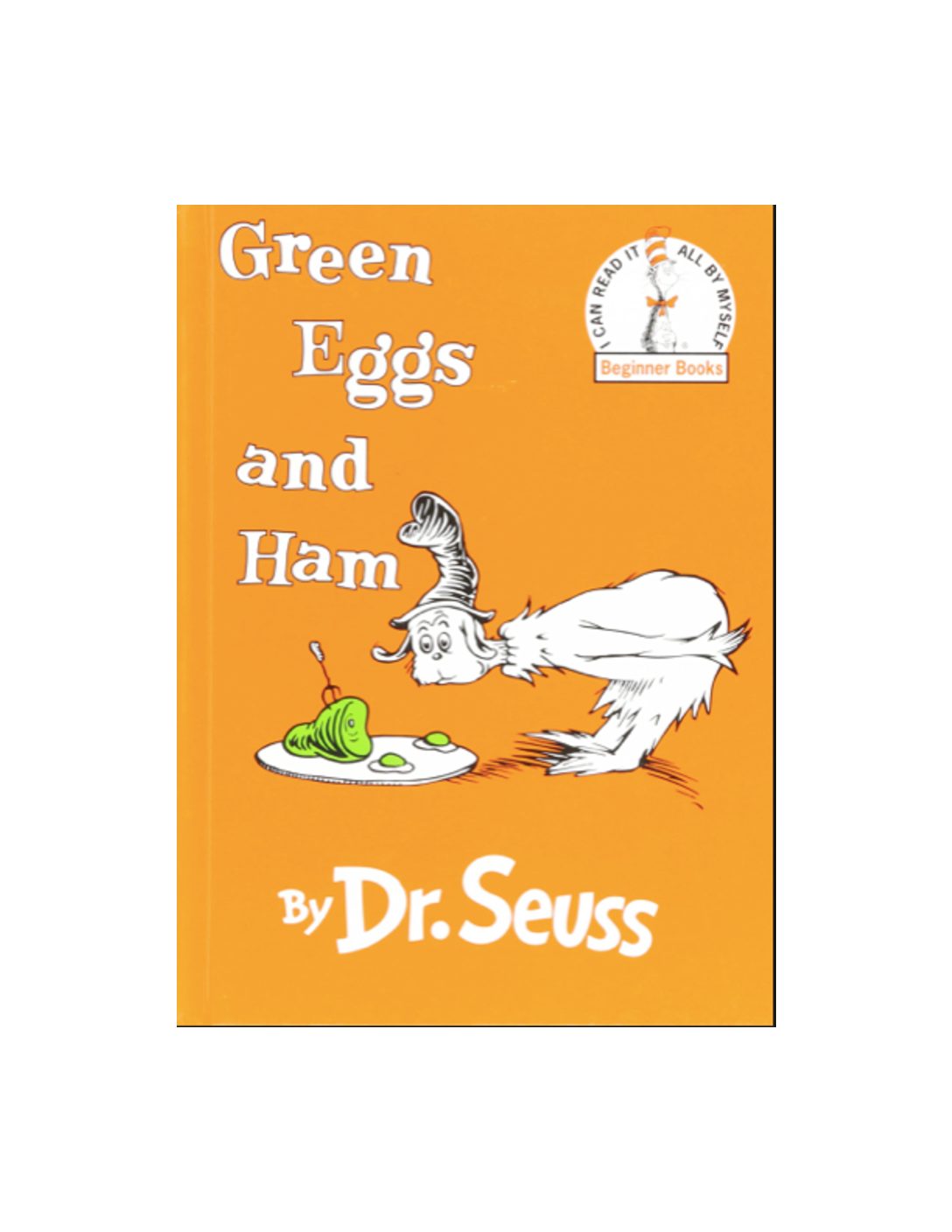Speech Therapy Books
Read Across America is an annual celebration of reading that falls this year on Friday March 2, 2016, which is Dr. Seuss’s birthday. We love the collection of books from Dr Seuss and use them in Speech Therapy. There are lots of ways that you and your child can celebrate your love of books and reading along with Dr. Seuss’s birthday, from attending a local event, reading your favorite book. Children’s books can help to facilitate language development and form a positive early literacy experience. Studies have shown that reading to babies starting at eight months of age has a significant impact on early language development. Parents can start with simple board books and graduate to picture books and longer stories as their child gets older.
At Small Talk Pediatric Therapy we enjoy using the collection of Dr Seuss books and one example is Green Eggs and Ham. This classic book by Dr Seuss consists of less than 50 words. But the repetitive nature makes it ideal for targeting rhyme and grammatical elements such as subjective pronouns (I, you), objective pronouns (me, them) and modals (could, would, will, may).
If you’re looking for activities to accompany an exploration of Green Eggs and Ham, why not try the picture scramble, the recipe, the directions for creating egg-carton creatures, and more! Dr. Seuss wrote, “You’ll be on your way up! You’ll be seeing great sights! You’ll join the high fliers who soar to high heights.”
Interested in our Speech Therapy services and programs for your child please contact us today. 208-996-0552 or email at office@smalltalkpediatrictherapy.com.
www.smalltalkpediatrictherapy.com
Small Talk Pediatric Therapy believes the best outcomes for children will occur in their most comfortable and familiar environment. Our one-on-one therapy services are provided in a familiar setting, such as the home, or school setting.

